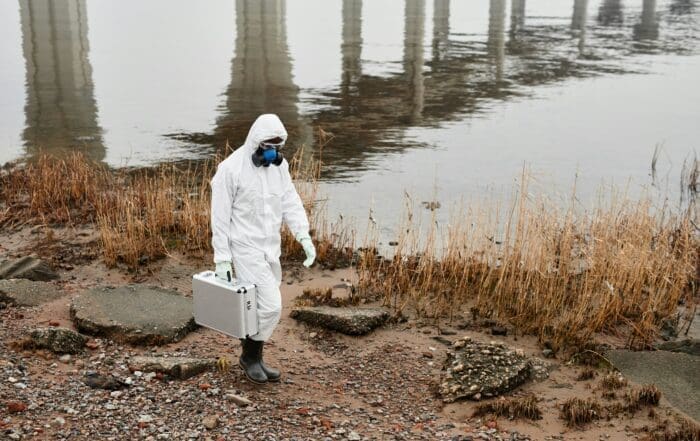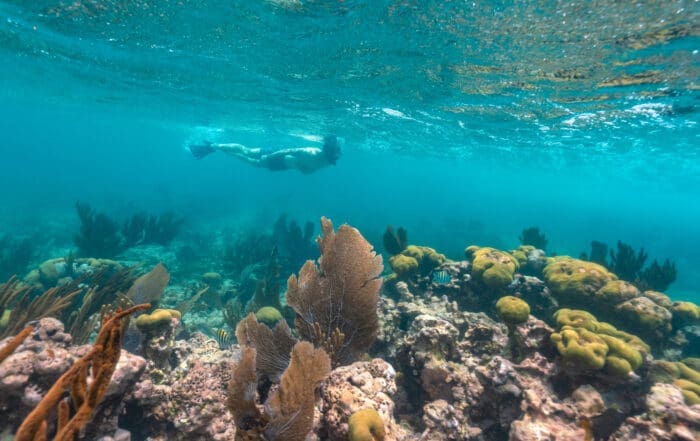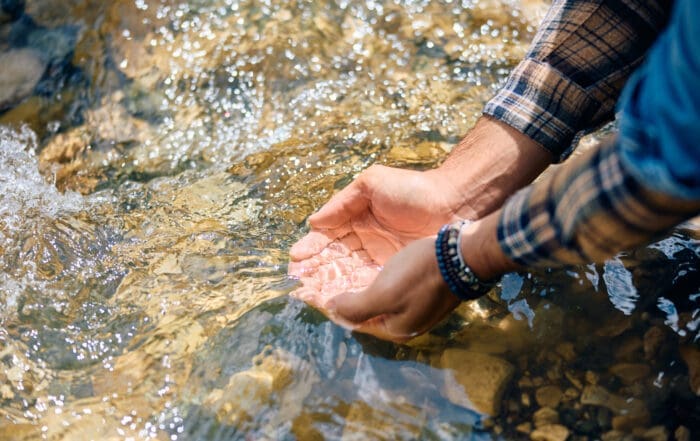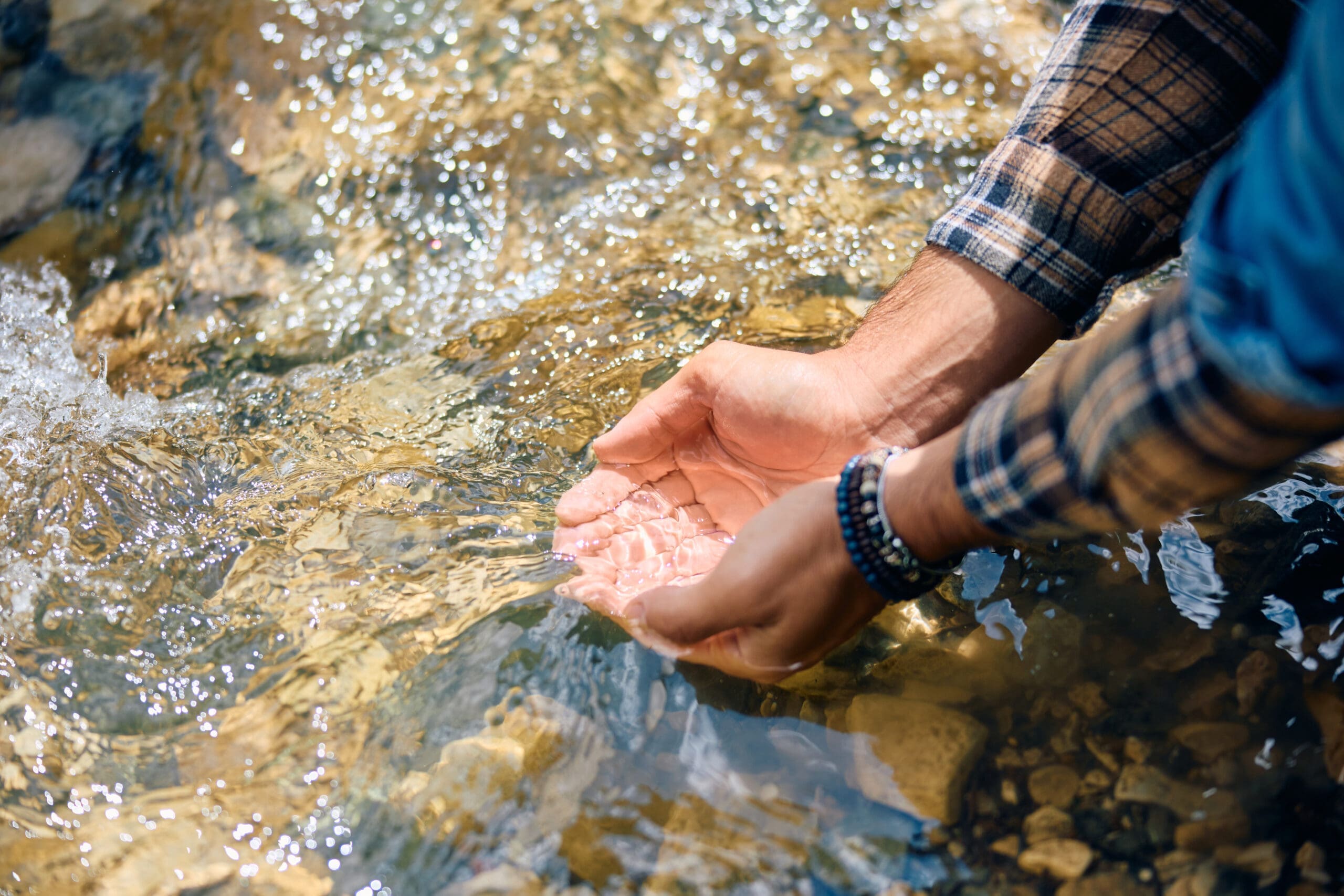
Navigating Water Rights on Native American Reservations
Water is a fundamental resource, essential for life and the health of communities everywhere. However, access to clean and safe drinking water is not equally available to all, especially on Native American reservations. As a proud part of the Native tribes and communities in Oklahoma, Artesian Bottleless Water cares deeply about the complexities of water rights. We believe everyone should have access to clean, healthy drinking water, no matter their map dot location, and that includes Native lands. So, let’s discuss the significance of water access, the issues of water contamination, and how we can ensure Native tribes and businesses have access to clean drinking water.
The Current State of Water Access in Oklahoma
The water rights issue for Native American tribes in Oklahoma is deeply rooted in history. Many of these rights were established through treaties between the U.S. government and the tribes. However, over time, these rights have been challenged, leading to legal battles and ongoing disputes over water allocations. For example, in 1908, the US Supreme Court guaranteed tribes nationwide enough water for homes and farms. However, the court failed to specify just how much water that entailed.
Over time, despite the treaties, tribes found themselves lacking in water resources from rivers and streams because they were gobbled up by larger cities and communities upstream. Which brings us to recent times.
As remediation, the United States Federal Government has spent more than $8.5 billion on water rights settlements with Native tribes and reservations over the past few decades. Still, the water is limited and many homes and businesses are without clean water.
According to a report by the Indian Health Service (IHS), that number is approximately 11% Native American households, which lack basic access to safe drinking water and basic sanitation.
Importance of River Water Access
But why do our Native American communities and neighbors struggle so much? More often than not, location plays a role. Many of these communities are isolated, living on rural lands without proper plumbing or updated piping systems – the same ones we often take for granted. Therefore, many tribes today still rely on access to rivers and streams, with people often traveling miles one way to access the water. However, this practice is not unfamiliar to Native culture.
River water holds immense cultural and practical significance for Native American tribes. It is not only a source of sustenance but also of spiritual and cultural importance. Many tribes use rivers as integral parts of their traditional practices, ceremonies, and overall way of life. These bodies of water are also a resource for Native farmlands and agricultural operations.
Yet, despite their cultural, economic, and historical significance, clean river water access remains at large for Native Americans. Moreover, the health of community members is directly impacted by the quality of water they consume. So, when these rivers and other natural water sources become contaminated by industrial activities and lack of government oversight, the impact is felt across the entire community.
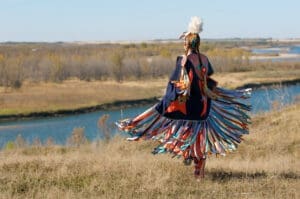
Contamination of River Water
Sources of Contamination
Several factors contribute to the contamination of river water on Native American reservations in Oklahoma. Industrial activities, agricultural runoff, and inadequate wastewater treatment are just a few of the major sources of pollution. These contaminants can include heavy metals, pesticides, and other harmful chemicals that pose serious health risks. Without proper waste management systems in place or drinking water filtration, many Native households across the state and the country are left to deal with dirty tap water or simply no tap water at all.
Impact on Communities
As you can see, contaminated river water significantly impacts the quality of life for Native American communities. It limits their ability to use water for drinking, cooking, and bathing. The presence of pollutants in water sources has also been linked to higher rates of certain illnesses, further exacerbating the health disparities faced by these communities.
According to the Administration for Children & Families, chronic illness challenges related to poor water quality or lack of water access have persisted for decades. Additionally, the onset of COVID-19 exasperated these conditions, expanding the health vulnerability gap even further. Ultimately, access to clean, reliable water impacts these communities and has lasting generational effects.
Artesian Bottleless Water: A Solution for Clean Drinking Water
Ensuring Access to Clean Water
At Artesian Bottleless Water, we understand the critical need for reliable access to clean and safe drinking water. Our bottleless water and ice coolers offer a sustainable and efficient solution for Native American tribes and businesses on reservations.
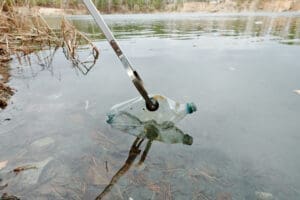
Here’s how we can help:
Advanced Filtration Technology: Our water coolers have state-of-the-art filtration systems that remove contaminants, ensuring the water you consume is pure and safe. These systems are designed to eliminate a wide range of pollutants, including heavy metals, bacteria, and chemicals commonly found in contaminated river water.
Sustainable and Eco-Friendly: By providing bottleless water solutions, we help reduce the dependency on plastic bottled water, which is not only environmentally harmful but also expensive and logistically challenging. Our systems provide a continuous clean water supply, reducing waste and promoting sustainability.
Cost-Effective Solutions: Because of the lack of quality water, Native American tribes have had to rely heavily on bottled water. However, the expenses associated with bottled water, including purchasing, storage, and disposal, can add up significantly, making even this resource a challenge. Our rental and maintenance plans offer an affordable alternative, ensuring that clean water is accessible without the financial burden.
Navigating water rights on Native American reservations is a complex and ongoing challenge. In Oklahoma, many tribes face significant obstacles in accessing clean and safe drinking water due to historical treaties, legal disputes, and contamination issues. However, there are solutions available that can make a real difference.
At Artesian Bottleless Water, we are committed to providing sustainable, cost-effective, and reliable access to clean drinking water for Native American tribes and businesses.
Water is more than just a resource—it is a fundamental right. We believe that every community deserves access to clean and safe drinking water, and we are here to help make that a reality. If you have any questions or would like to learn more about our bottleless water and ice coolers, please feel free to contact us.
Together, we can ensure that the future of water access on Native American reservations is bright and sustainable.

